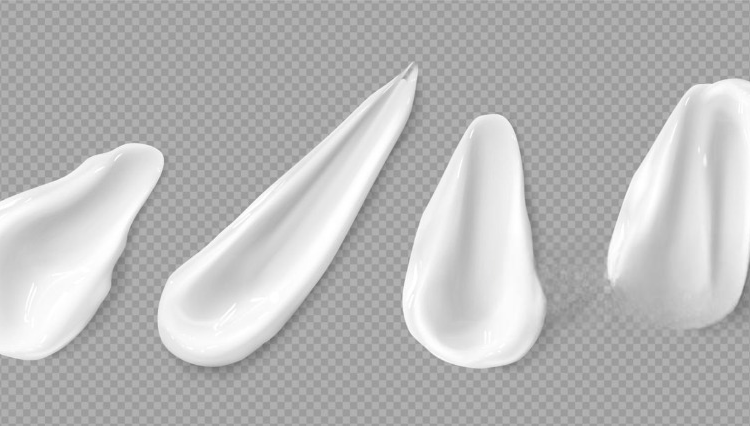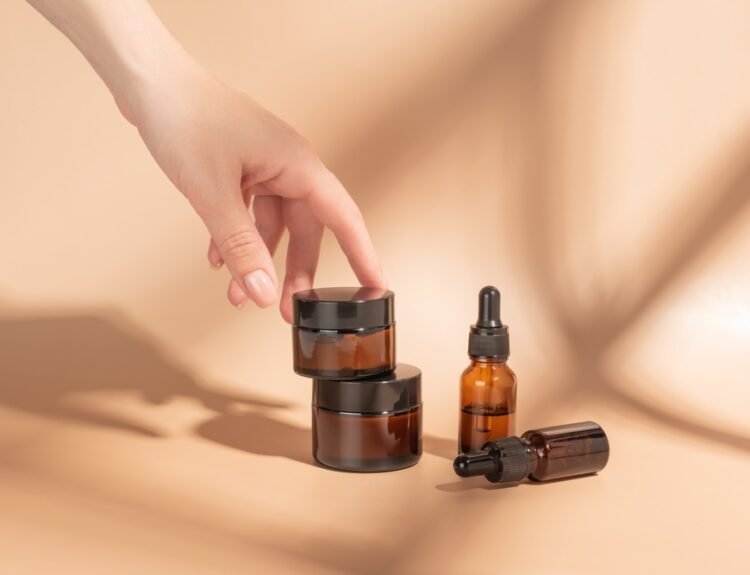In a world full of skincare trends, one ingredient has stood the test of time jojoba oil. Extracted from the seeds of the jojoba plant, this natural oil closely mimics the skin’s sebum, making it a versatile and powerful addition to any skincare regimen. Whether you have oily, dry, sensitive, or acne-prone skin, jojoba oil delivers targeted benefits without clogging pores or causing irritation.
What is Jojoba Oil?
Jojoba oil (pronounced ho-HO-ba) is a golden liquid wax derived from the seeds of the Simmondsia chinensis plant, native to the southwestern United States and northern Mexico. Unlike other oils, jojoba is technically a wax ester, which makes it highly stable and resistant to oxidation. This unique structure allows it to penetrate the skin deeply while maintaining a lightweight, non-greasy feel.
Key Components of Jojoba Oil
- Vitamin E (Tocopherol): A potent antioxidant
- B-complex vitamins: Help with skin repair
- Essential fatty acids: Moisturize and nourish
- Minerals: Zinc and copper for skin health
Why Every Skin Type Loves Jojoba Oil
1. For Oily and Acne-Prone Skin
People with oily or acne-prone skin are often hesitant to use oils, fearing breakouts. However, jojoba oil is non-comedogenic and helps balance sebum production. Because it mimics natural oils, it signals your skin to stop overproducing sebum, reducing the likelihood of clogged pores and acne.
How It Helps:
- Controls excess oil
- Dissolves hardened sebum in pores
- Contains antimicrobial properties
- Calms inflammation and redness
2. For Dry and Flaky Skin
Dry skin lacks natural oils, which can lead to tightness, irritation, and flakiness. Jojoba oil forms a protective barrier while locking in moisture without disrupting the skin’s pH balance.
Benefits for Dry Skin:
- Long-lasting hydration
- Prevents transepidermal water loss (TEWL)
- Smooths and softens rough patches
- Restores skin elasticity
3. For Sensitive Skin
Sensitive skin reacts easily to harsh chemicals and synthetic fragrances. Jojoba oil is gentle and hypoallergenic, making it safe for people with eczema, psoriasis, or rosacea.
Key Points:
- Calms and soothes inflammation
- Reduces itching and redness
- Works well with other calming ingredients like chamomile or calendula
4. For Combination Skin
Balancing dry and oily areas can be tricky. Jojoba oil adapts to the needs of your skin, providing moisture where it’s needed while reducing shine in oilier zones.
Dual Action:
- Hydrates dry patches
- Regulates oily areas like the T-zone
5. For Mature Skin
With age, skin loses its natural oils and elasticity. Jojoba oil’s antioxidant properties, particularly vitamin E, make it effective in minimizing fine lines and improving skin texture.
Anti-Aging Properties:
- Boosts collagen production
- Reduces oxidative stress
- Improves skin suppleness
How to Use Jojoba Oil in Your Skincare Routine
As a Moisturizer
After cleansing and toning, apply a few drops of jojoba oil directly to your face. It can be used alone or mixed with your daily moisturizer for enhanced hydration.
As a Makeup Remover
Jojoba oil dissolves makeup, dirt, and sunscreen. Apply a small amount to a cotton pad and gently wipe your face. Follow with a cleanser.
As a Carrier Oil
Mix it with essential oils like lavender, tea tree, or rosehip for customized facial oils or treatments.
As a Lip Balm or Cuticle Oil
Jojoba oil works wonders on chapped lips and dry cuticles. Dab a small amount onto lips or nail beds for instant relief.
Jojoba Oil vs. Other Popular Skincare Oils
| Oil | Comedogenic Rating | Skin Type Suitability | Shelf Life |
| Jojoba Oil | 2 (non-comedogenic) | All skin types | Long (stable) |
| Coconut Oil | 4 | Dry skin only | Moderate |
| Argan Oil | 0 | Dry, mature skin | Moderate |
| Rosehip Oil | 1 | Dry, acne-prone skin | Short |
Unlike coconut oil, which can clog pores, or rosehip oil, which is highly active but unstable, jojoba oil strikes the perfect balance between effectiveness and compatibility.
Scientifically Proven Benefits of Jojoba Oil
Multiple studies have validated the therapeutic effects of jojoba oil in skincare. One 2012 study published in the Journal of Ethnopharmacology found that facial masks containing jojoba oil significantly reduced acne lesions in participants over six weeks. Another study showed that jojoba oil exhibits anti-inflammatory properties, making it ideal for wound healing and skin repair.
Choosing the Right Jojoba Oil
For best results, look for:
- 100% pure and cold-pressed
- Organic and hexane-free
- Stored in dark glass bottles to prevent oxidation
Brands like Ela De Pure offer premium, ethically sourced jojoba oil perfect for integrating into your skincare regimen.
Incorporating Jojoba Oil in DIY Skincare
DIY Hydrating Serum for All Skin Types
Ingredients:
- 1 tbsp jojoba oil
- 3 drops lavender essential oil
- 1 tsp aloe vera gel
Directions: Mix and apply to clean skin every night for soft, radiant skin.
DIY Soothing Face Mask
Ingredients:
- 2 tbsp oatmeal (ground)
- 1 tbsp yogurt
- 1 tsp jojoba oil
Directions: Mix, apply for 15 minutes, and rinse with lukewarm water.
Final Thoughts
From hydration and acne control to anti-aging and skin barrier repair, jojoba oil is a truly universal skincare hero. Its compatibility with every skin type, backed by science and centuries of traditional use, makes it a must-have product in any modern skincare routine. Whether you’re just beginning your skincare journey or looking to simplify your regimen, jojoba oil is a simple, natural, and effective choice that delivers lasting results.








